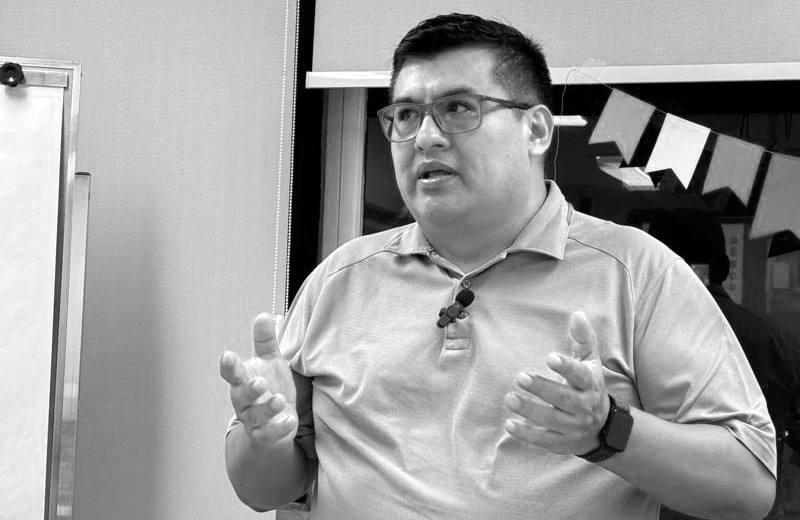Learning to Unlearn
Good evening, dear Toastmasters. It's a pleasure to be here at our beloved Avenida Paulista club, a place where learning and the exchange of ideas are cherished. Today, I want to talk about a crucial concept in our daily lives and personal growth: "Learning to Unlearn." On one of my trips to Brazil, I attended an IT conference with this title, and it deeply made me reflect on the need to learn to unlearn. After thorough analysis, I want to share with you my reflections on this topic.
Evolving Knowledge
From a young age, we are bombarded with information and teachings that help us understand the world. However, what we learn doesn't always remain relevant. For example, in science and technology, what was an absolute truth ten years ago may not be today. Remember how, a few decades ago, Pluto was taught to be the ninth planet in the solar system, and now it is classified as a dwarf planet. This is just one example of how knowledge evolves and forces us to unlearn to adapt to new understandings.
Unlearning Negative Habits
We learn not only academic knowledge but also habits and behaviors, many of which can be negative. In the realm of public speaking, for example, we often adopt fillers like "um," "ah," and others that affect our effective communication. Toastmasters speeches are an excellent place to see how these fillers can diminish the value of our message. Unlearning these habits requires awareness and practice, but it is crucial to enhance our communicative skills.
Negative Experiences
Throughout our lives, we all face negative experiences that can leave us with habits and thoughts that do not benefit us. These experiences teach us lessons, but some of them can become emotional burdens. It is important to unlearn responses and behaviors that no longer serve us. For instance, someone who has gone through a toxic relationship may have learned to constantly distrust. Unlearning that distrust is vital for building healthy relationships in the future.
Unlearning in the Workplace
In the workplace, the ability to unlearn is as crucial as learning. Technologies advance, methodologies evolve, and work practices that were effective a few years ago may become outdated. For example, in project management, traditional methods like Waterfall are being replaced by agile and flexible approaches. Adapting to these changes requires unlearning old ways and embracing new methodologies. Unlearning in the workplace not only improves efficiency and productivity but also fosters a more innovative and adaptable work environment.
The Need to Adapt
Philosopher Alvin Toffler said, "The illiterate of the 21st century will not be those who cannot read and write, but those who cannot learn, unlearn, and relearn." We live in an era where adaptation is key to success. The skills that got us to a certain point may not be the ones we need to progress. A clear example is the digital transformation at work. Many professions have had to unlearn traditional methods and adopt new technologies to stay relevant.
Unlearning in Leadership
In the field of leadership, unlearning is equally vital. Often, leaders carry beliefs and practices that worked in the past but may not be effective in new organizational dynamics. For example, authoritative leadership styles that were common in the 20th century may not resonate well with newer generations who value more collaboration and transparency. Unlearning these old leadership styles and adopting more modern and inclusive approaches can make all the difference in a leader's effectiveness.
Conclusion
Learning to unlearn is not an easy process, but it is essential for our growth and adaptation in a constantly changing world. Whether it's leaving behind outdated knowledge, negative habits, harmful experiences, or limiting prejudices, unlearning opens the door to new opportunities and perspectives. As members of this club, we are in an excellent place to foster this type of reflection and growth. I encourage everyone to examine which aspects of their knowledge, habits, and beliefs may be limiting their potential and to embark on the valuable process of unlearning.
